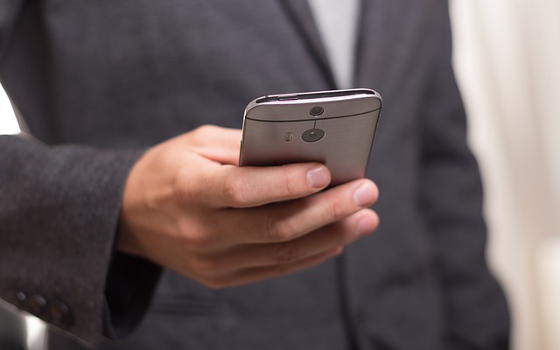The findings for diet and fitness app users were as expected: more than 90 percent of users reported an increase in their desire and motivation to eat healthy and be physically active. But the really good - and fascinating - news was the response from mental and emotional health app users: 90 percent reported increased motivation, confidence, intention and attitudes about being mentally and emotionally healthy.
"Our findings show that mental and emotional health focused apps have the ability to positively change behavior," said Ben Crookston, associate professor of health science at BYU. "This is great news for people looking for inexpensive, easily accessible resources to help combat mental and emotional health illness and challenges."
While mobile mental and emotional health apps are not the most traditional approach, these findings suggest that they may be a worthwhile tool for addressing mental health in individuals and increasing self-efficacy.
Research shows that people who struggle with mental and emotional health problems feel like they lack control. While there are many problems that should be addressed by a professional, users can now take confidence that resources they can use on their own really are effective.
Understanding how these self-help apps promote behavior change will not only help individuals but also health providers working with those struggling with these kinds of problems, researchers said.
"These apps are engaging and if we can get people to use them more often, the potential certainly exists to help people change their behavior," said co-author Josh West.
The BYU health science professors hope to continue studying this topic by looking into what kind of apps are most effective at improving mental and emotional wellness (meditation prayer, faith-based scripture, medication adherence, mood tracker, stress management or positive affirmation).
Crookston BT, West JH, Hall PC, Dahle KM, Heaton TL, Beck RN, Muralidharan C.
Mental and Emotional Self-Help Technology Apps: Cross-Sectional Study of Theory, Technology, and Mental Health Behaviors.
JMIR Ment Health 2017;4(4):e45. doi: 10.2196/mental.7262.
